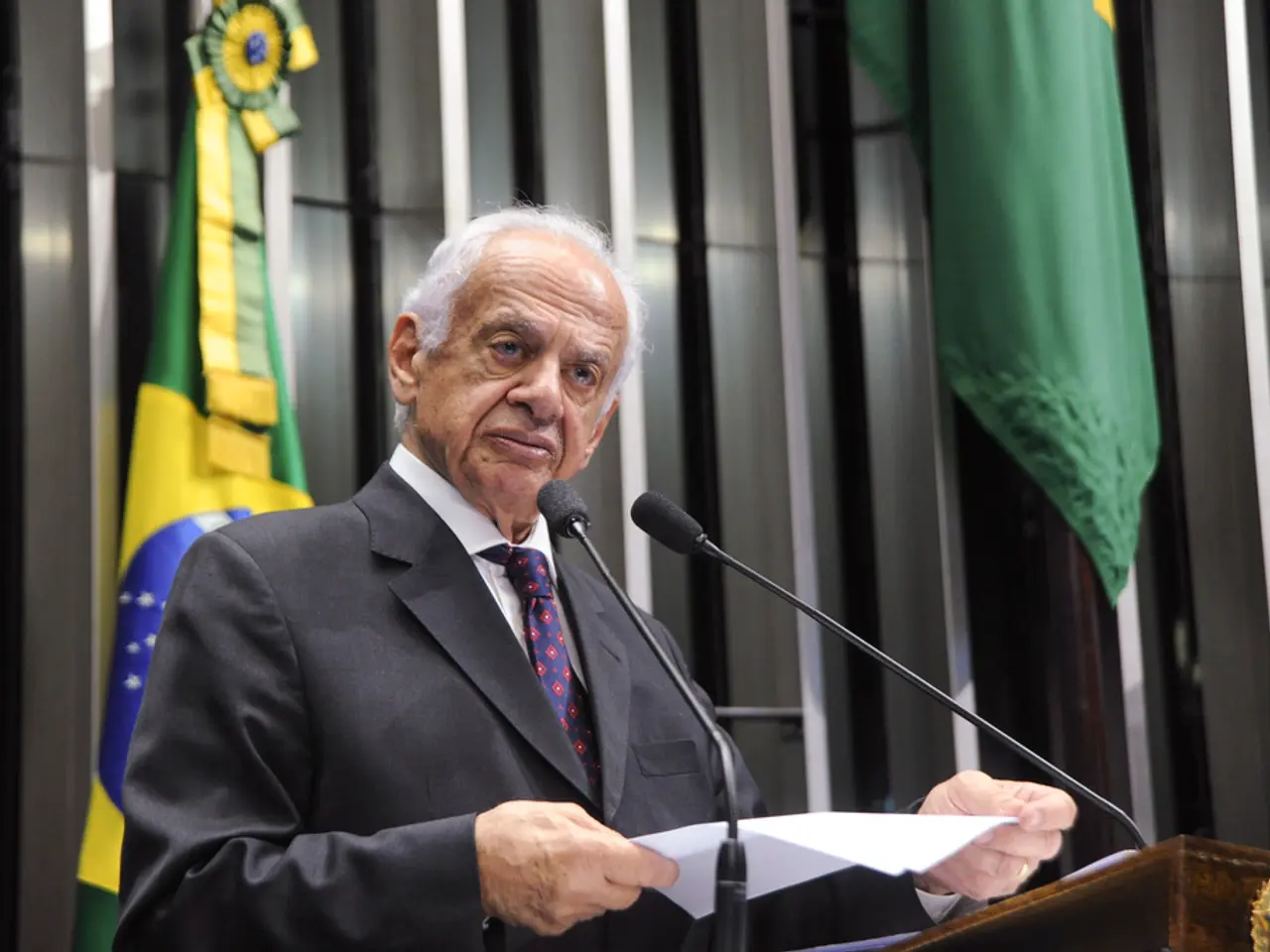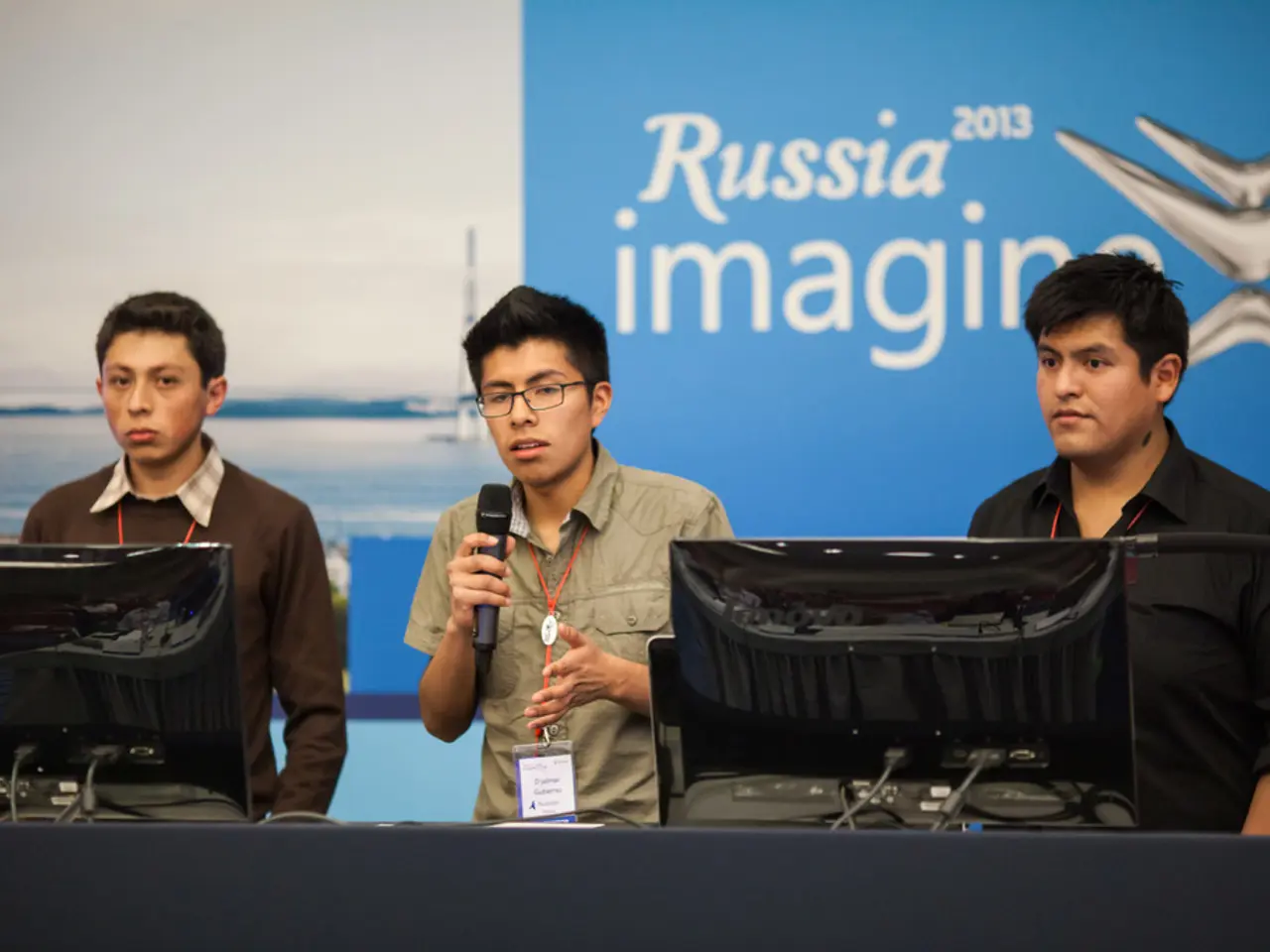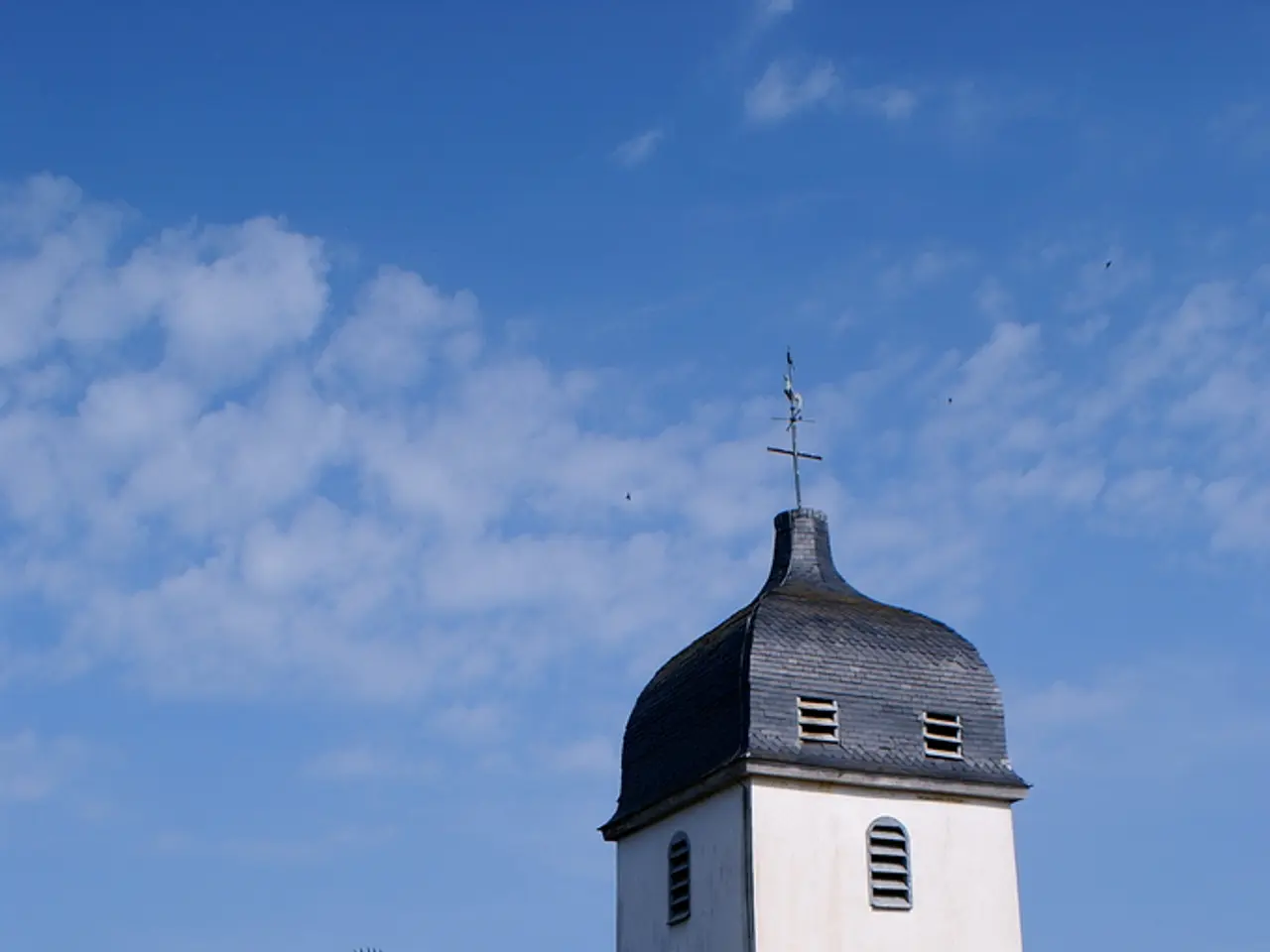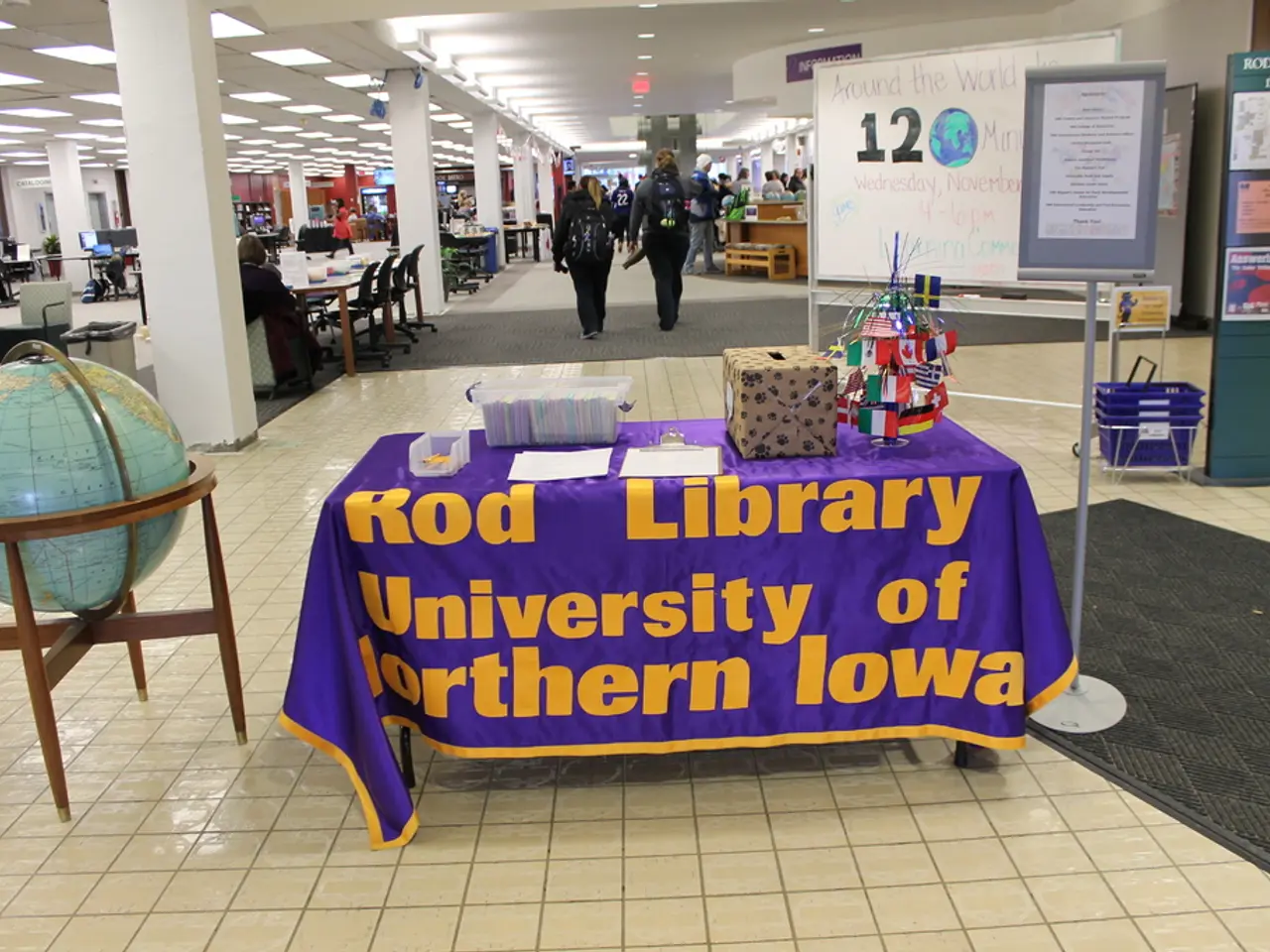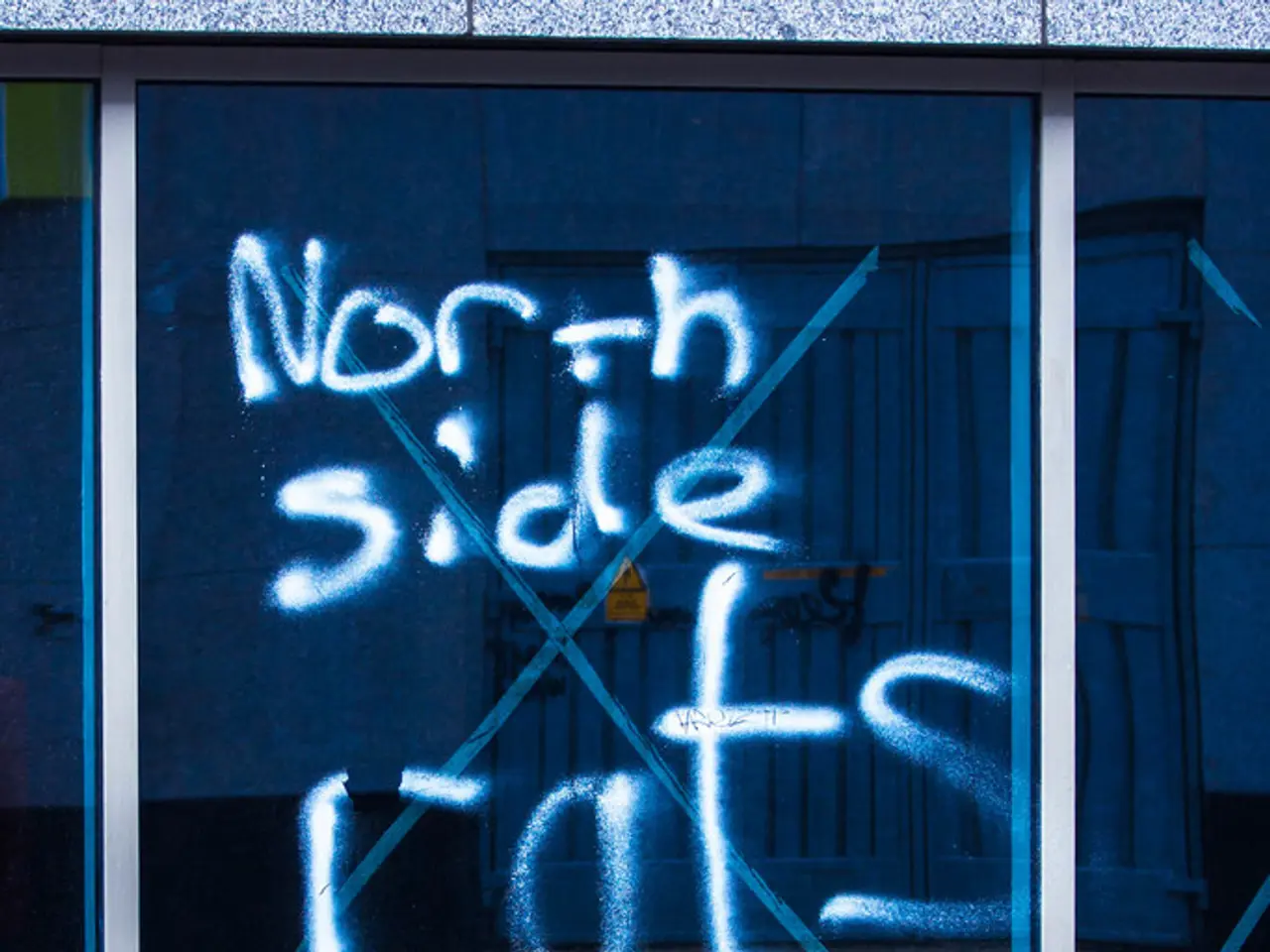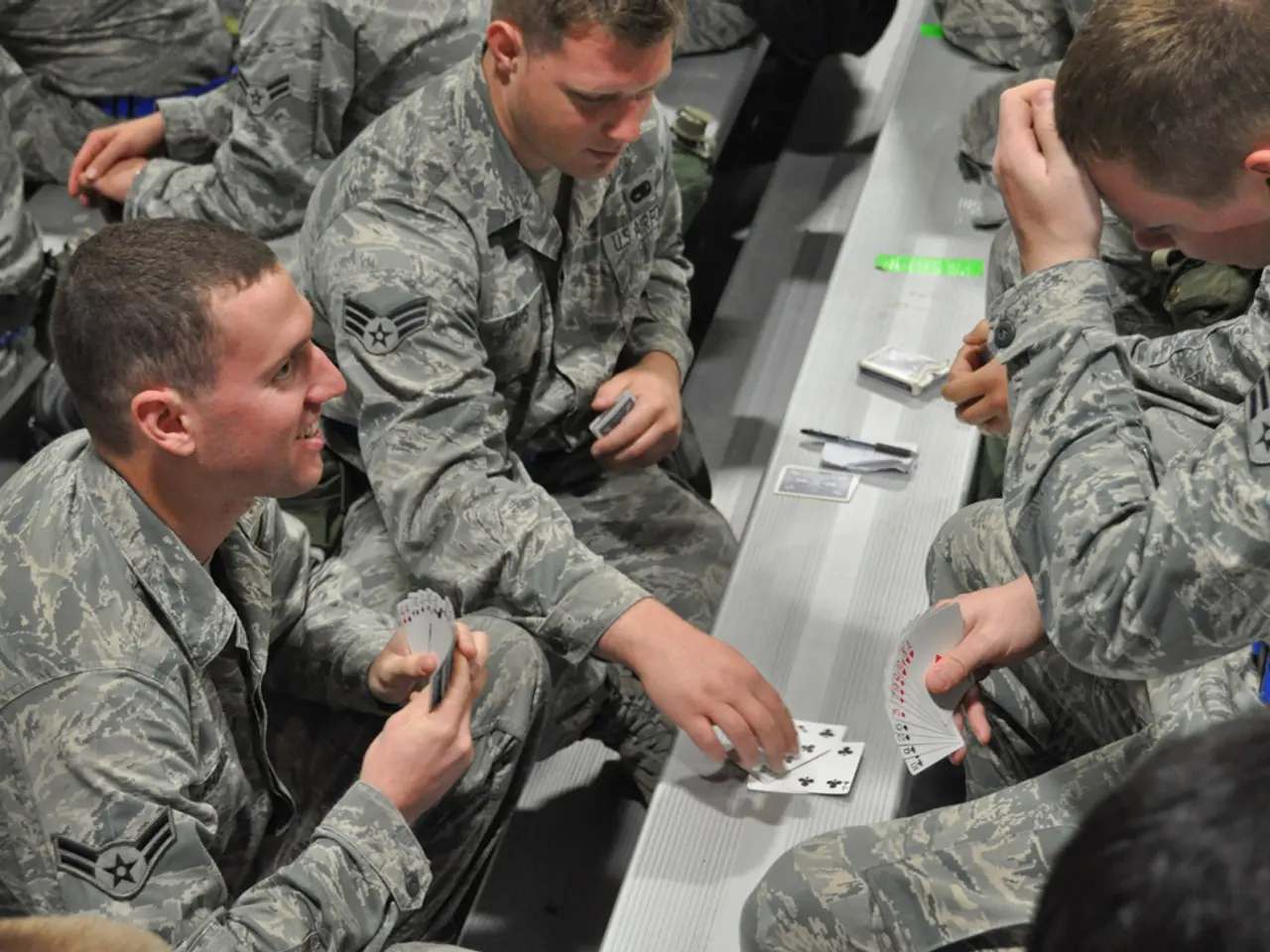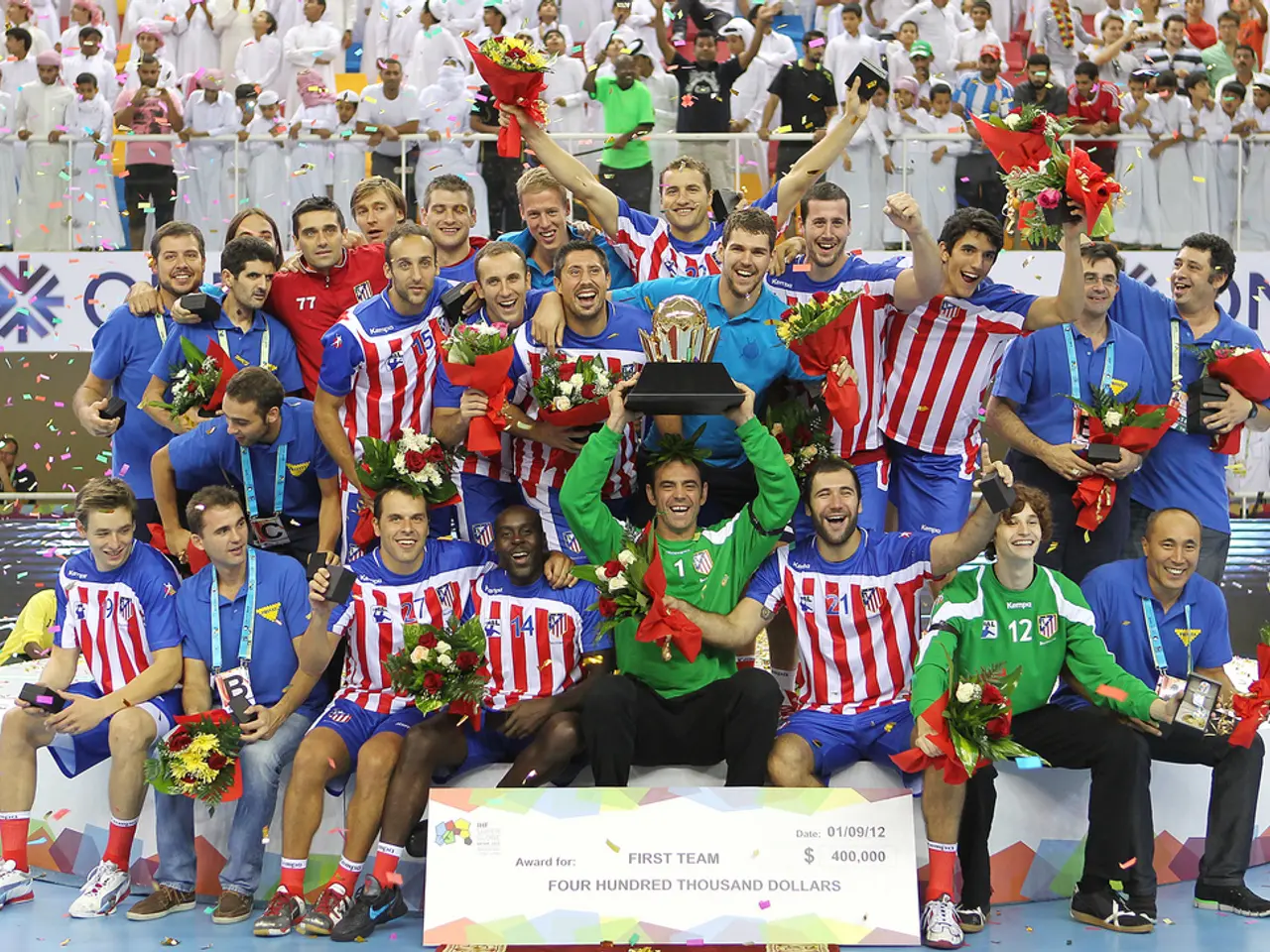Maduro, Venezuela's president, invokes Santeria spirits during his inauguration ceremony.
In a divisive turn of events, Venezuela witnessed the inauguration of two claimed presidents - Edmundo González and incumbent Nicolás Maduro - reflecting the ongoing political crisis and geopolitical divide in the South American nation.
Edmundo González, who was recognised as the rightful winner of the disputed 2024 presidential election by the opposition and several countries in the region, was not recognised as the legitimate president by a group of countries, including Panama, the Dominican Republic, Argentina, Chile, Costa Rica, Peru, and Uruguay. These nations responded by severing or suspending diplomatic ties with Venezuela, signalling their non-recognition of Maduro’s government after the election.
On the other hand, countries such as China, Iran, Cuba, Honduras, Nicaragua, Bolivia, and Russia quickly recognised Nicolás Maduro as the winner of the election, affirming their support for his presidency.
The ceremony, which was broadcast on national radio and television, saw Maduro take the oath before the National Assembly (AN) and members of civil society. After the ceremony, Maduro convened a National Commission to prepare an institutional reform project.
However, the event was marked by a significant absence of international representatives, with only Daniel Ortega of Nicaragua, Miguel Díaz-Canel of Cuba, Brahim Gali of the Sahrawi Arab Democratic Republic, and Gaston Browne of Antigua and Barbuda present.
The G7 leaders have denounced the lack of democratic legitimacy of the purported inauguration of Nicolás Maduro, issuing a statement to this effect. The European Union has also weighed in, stating that Maduro's presidency "lacks legitimacy" and has approved sanctions against specific individuals, including Caryslia Rodríguez, president of the Venezuelan Supreme Court of Justice.
Meanwhile, the United States increased the reward for the capture of Venezuelan leader Nicolás Maduro and Interior Minister Diosdado Cabello to $25 million. Antony Blinken, the US Secretary of State, does not recognise Nicolás Maduro as the president of Venezuela and calls for the swearing in of opposition leader Edmundo González.
As the Venezuelan political crisis continues, it remains to be seen how this international divide will impact the country's future.
[1] Reuters. (2025). Venezuela's Nicolás Maduro sworn in for second term as opposition denounces vote. Reuters. Retrieved from https://www.reuters.com/world/americas/venezuelas-nicolas-maduro-sworn-second-term-opposition-denounces-vote-2025-01-10/
[2] Associated Press. (2024). Opposition leader Edmundo González declared winner of Venezuelan election. Associated Press. Retrieved from https://apnews.com/article/elections-venezuela-americas-politics-latin-america-529b471d233c3b282e267c8f1037702a
- The ongoing political crisis in Venezuela, precipitated by war-and-conflicts and affected by policy-and-legislation, has created a significant geopolitical divide as some countries recognize Edmundo González as the rightful president, while others continue to support Nicolás Maduro, despite general-news reports of questionable elections.
- The international community's response to the Venezuelan political crisis has been polarized, with some nations such as China, Iran, Cuba, Honduras, Nicaragua, Bolivia, and Russia recognizing Nicolás Maduro, but others like Panama, the Dominican Republic, Argentina, Chile, Costa Rica, Peru, and Uruguay severing or suspending diplomatic ties, citing concerns about crime-and-justice and the need for a legitimate government.
- In the world of sports, the ongoing Venezuelan political crisis might not seem immediately related, but its impact on migration and the stability of the nation could potentially affect the performance and focus of Venezuelan athletes, shaping the future trajectory of sports within the country.
